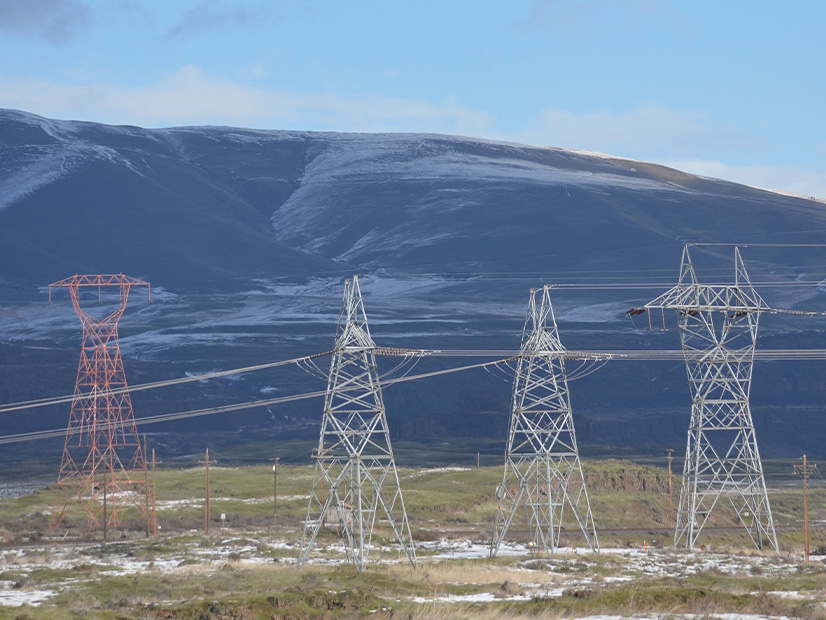Washington’s Department of Ecology kicked off its first virtual electricity forum Oct. 3 to provide updates on recent electricity-related rulemaking efforts related to the state’s carbon market and to give stakeholders a chance to discuss those initiatives.
The state’s Cap-and-Invest Electricity Forum aims to allow parties to discuss policy issues related to Washington’s cap-and-invest program and greenhouse gas emissions reporting programs.
The Ecology Department has moved forward with amending several electricity provisions in its rules. The rulemaking closest to completion concerns centralized electricity markets, such as CAISO’s Western Energy Imbalance Market/Extended Day-Ahead Market and SPP’s Markets+.
The rule establishes a framework for accounting for “specified” electricity imported through centralized markets and defines the electricity importer for specified electricity imported through a centralized market. The update is anticipated to go into effect in January.
The agency is also working on “linkage” rulemaking to align cap-and-invest program regulations with California and Québec as Washington looks to join the larger shared carbon market. (See Calif., Quebec, Wash. to Explore Linking Carbon Markets.) The recently enacted Senate Bill 6058 allows Ecology to adjust the cap-and-invest program by, for example, aligning allowance purchase limits for auctions across jurisdictions and having the same compliance period dates.
“This rulemaking may also be used as an opportunity to address other electricity sector topics, including centralized electricity markets,” Camille Sultana, senior environmental planner at the Ecology Department, noted during the meeting.
Sultana added that Ecology will provide more information on the bill’s implementation later this fall. The goal is to publish a proposed linkage rule in spring 2025 and put it up for adoption later that year. However, the timeline is subject to change as the agency must consider anticipated updates to California and Québec’s respective cap-and-trade programs.
The department also opened the floor for participants to chime in on GHG issues related to centralized electricity markets, such as accounting for emissions from electricity from “unspecified” resources, emissions leakage and accounting for energy flowing from centralized markets with different operators.
Clare Breidenich, assistant executive director of the Western Power Trading Forum, said the agency should define surplus energy in the context of GHG accounting in centralized markets.
“I think by establishing clear requirements and conditions for what Ecology thinks is appropriate for those markets, that will give the guidance to the market operators and help them to align their approaches,” Breidenich said.
Participants also discussed emissions reporting requirements and the transition from netting to a wheel-through framework under SB 6058.
As defined in the bill, “‘electricity wheeled through the state’ means electricity that is generated outside the state of Washington and delivered into Washington with the final point of delivery outside Washington including, but not limited to, electricity wheeled through the state on a single NERC e-tag, or wheeled into and out of Washington at a common point or trading hub on the power system on separate e-tags within the same hour.”
Alisa Kaseweter, climate change strategist at Bonneville Power Administration, said the definition “seems to conflate what the industry would think of as a standard wheel-through which happens on a single e-tag with perhaps some netting.”
Sultana noted that SB 6058’s definition of a wheel-through “might not directly align with industry standard.” She added that Ecology’s “ability to modify this definition in ways that are not aligned with what’s already there in statute is beyond our authority.”




